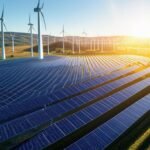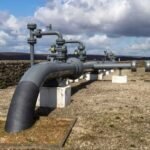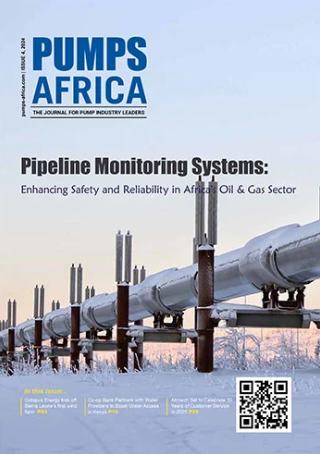Ethiopia is set to receive a sum of US $16.38M in additional funding for the Borana Resilient Water Development for Improved Livelihoods Programme II. The Board of Directors of the African Development Bank (AfDB) approved the fundings which aims to strengthen climate-resilient water infrastructure in Ethiopia’s drought-prone Borana zone in Oromia Region.
The initiative supports Ethiopia’s Ten-Year Development Plan (2021–2030) and aligns with the AfDB’s Country Strategy Paper (2023–2027), which prioritizes sustainable, climate-smart infrastructure to mitigate the impacts of extreme weather and water scarcity.
READ: Nigeria inks US $435M deal for renewable energy
Scope of work
The financing package includes a US $9.38M grant from the Climate Action Window of the African Development Fund (ADF), the AfDB Group’s concessional lending arm, and an additional US $7M contribution from the Rome Process/Mattei Plan Financing Facility.
The new resources will finance the installation of solar-powered water systems and extend the region’s water distribution network by about 95 kilometres, providing clean water to 23,000 people and 50,000 livestock. Borana’s largely pastoral communities have suffered devastating losses from recurring droughts that have wiped out millions of animals.
The programme, implemented by Ethiopia’s Ministry of Water and Energy, will also promote watershed management, community capacity building, and household biogas systems to reduce deforestation and emissions.
By improving water access and promoting renewable energy, the initiative is expected to generate employment, enhance public health and education outcomes, and strengthen community resilience, particularly for women and youth.
According to Mecuria Assefaw, Water Security and Sanitation Manager for the AfDB’s East and Southern Africa regions, the additional financing marks a decisive step toward climate-proofing livelihoods in one of the Horn of Africa’s most vulnerable ecosystems.
“By harnessing renewable energy and empowering communities to manage their water resources, we are turning resilience into a lived reality for families, farmers, and future generations,” Assefaw added.
Share






